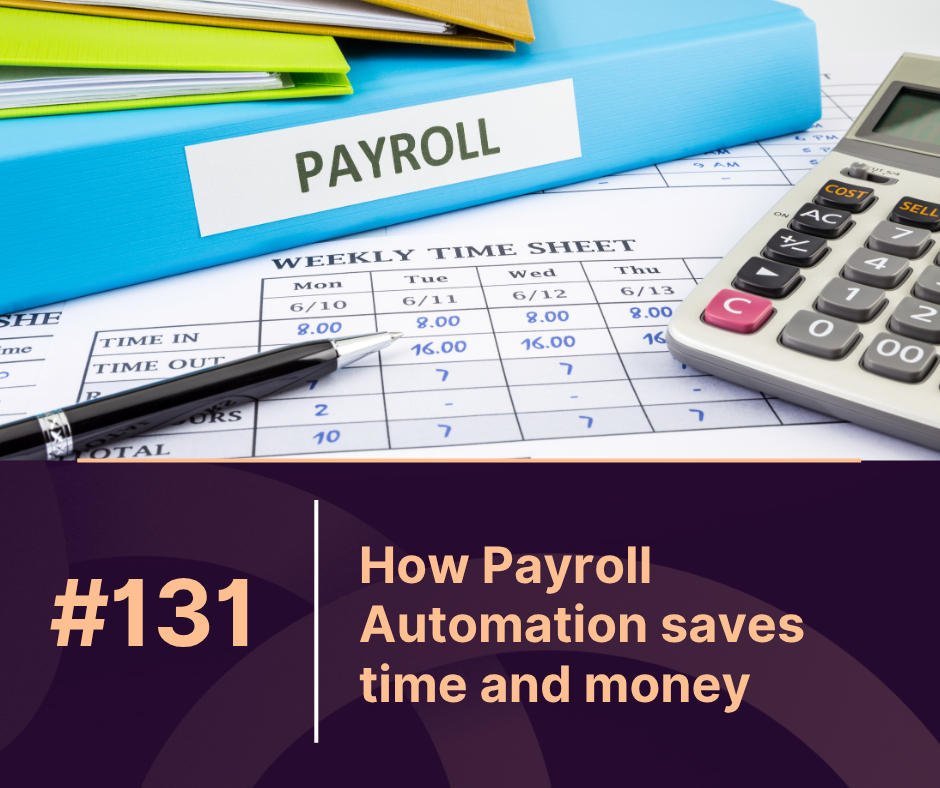Now in the digital age, with working remotely and virtual collaborations being at an all-time high employee engagement is key. This is something that HR professionals can do to work as catalysts in fostering connection, motivation and productivity among the individual employee even while working from home or shall we say virtual workplace. Further, efforts to engage employees have changed with an increasing focus on employee well-being and mental health. The digital era requires a 21st-century approach to keeping employees engaged by recognizing achievements, facilitating growth and supporting the creation of an inclusive culture. In this article, we will look at the modern challenges of employee engagement in an ever digital world and explore what HR should do to create a community environment.
The Changing Landscape of Employee Engagement
In this digital era, we have new trends that change the traditional view of employee engagement as shaped by increasing technological changes in our work environments and changing employees’ needs. This has presented HR professionals with a unique challenge of creating the sense of belonging and togetherness in a world where remote work, distributed teams are on an all-time high — arguably 100% employees never meeting face-to-face ever. How employee engagement is changing. As remote work becomes more commonplace, organizations are redesigning strategies to build connectivity and collaboration. The most important components, according to Zuckerman: virtual team-building activities like mindfulness circles and digital escape rooms; transparent communication about what the company can do in areas such as performance evaluation amid remote work where policies are changing frequently; flexible arrangements for working from home or scheduling hours with family responsibilities.
Understanding the Importance of Employee Engagement
- Enhanced Productivity and Performance:
Employees who are engaged perform at higher levels of motivation, productivity and commitment to organizational goals.
Research proves links between high levels of employee engagement and business performance – from increased profitability to improved customer satisfaction.
- Retention and Talent Acquisition:
High levels of Employee Engagement can impact turnover, retention and ability to attract top performers.
Highly engaged employees are also less likely to leave the company, meaning that they will potentially represent and talk positively about your organization in front of other candidates going forward.
HR’s Role in Fostering Connection
- Clear Communication and Transparency:
Establish open channels of communication to keep employees informed about company updates, goals, and expectations.
Foster transparency in decision-making processes to build trust and empower employees to contribute ideas and feedback.
- Virtual Team Building and Social Interaction:
Organize virtual team-building activities, social events, and wellness initiatives to foster connections among remote employees.
Encourage informal interactions and water cooler chats through virtual platforms to recreate the camaraderie of the physical workspace.
- Recognition and Appreciation:
Implement recognition programs to acknowledge and celebrate employee achievements, both big and small.
Provide regular feedback and praise to recognize employees’ contributions and efforts, boosting morale and motivation.
Leveraging Technology to Enhance Engagement
Utilize collaboration tools and digital platforms to facilitate seamless communication and collaboration among remote teams.
Leverage employee engagement software and pulse surveys to gather feedback, measure sentiment, and identify areas for improvement.
Implement gamification elements and interactive features to make virtual meetings and training sessions more engaging and interactive.
Emphasizing Work-Life Balance and Well-Being
Encourage the balance between work and personal life by setting clear distinctions about working time (and also free time), assigning rest periods, appealing to staff not while they are on vacation.
Provide resources and assistance for your mental health, including free counseling services, mindfulness programs as well wellness stipends.
Institute flexible work practices, such as promoting self-care and mental health among employees.
In the new digital era, HR professionals have become instrumental in keeping employees engaged and connected even while working remotely. HR was tasked to build a culture relevant for the new reality — clear communication, team building albeit virtual, recognition, technology adoption and work-life balance that made employees feel valued, motivated as well connected with what mission of their organization. Because engaged employees are more productive and creative, they lead to greater customer satisfaction, higher sales growth rates and increased overall business success. Organizations who positively invest in their employees through an integrated approach to employee engagement, will be able to establish a working culture that allows for new generations of workers and the benefits they bring, compounding sustainable business success.



